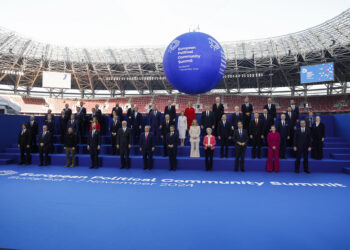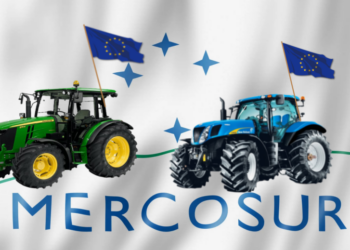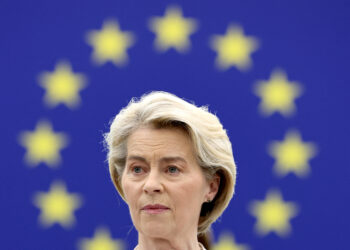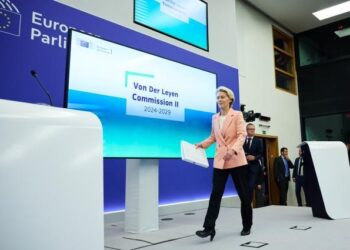Brussels – A now quarter-century-long negotiation to which the European Commission wants to put the finishing touches. But to close the EU-Mercosur Free Trade Agreement—assuming Ursula von der Leyen succeeds in the feat of wresting the yes from Brazil, Argentina, Paraguay, and Uruguay—it will eventually need the approval of member countries as well. And while at the G20 in Rio the EU leader is pressing her Latin American partners, in Brussels the agriculture ministers of the 27 are taking stock. The position of Italy and France is the source of the controversy: the accord is “unacceptable” as it is. Or, at least, “not agreeable.”
Not a principled opposition, but a message sent by Paris and Rome across the Atlantic, where von der Leyen, on the sidelines of a meeting with Brazil’s President Lula, reaffirmed the “great economic and strategic importance” of the EU-Mercosur agreement. For Italy and France, as of today, the agreement terms would risk being stopped by a blocking minority at the EU Council, which rightfully has to give the final green light. While the Hexagon has long led the “no” front, partly in response to continued protests from transalpine farmers, Italy’s agriculture minister, Francesco Lollobrigida, has strongly questioned whether the Italian government would give the go-ahead to any agreement.
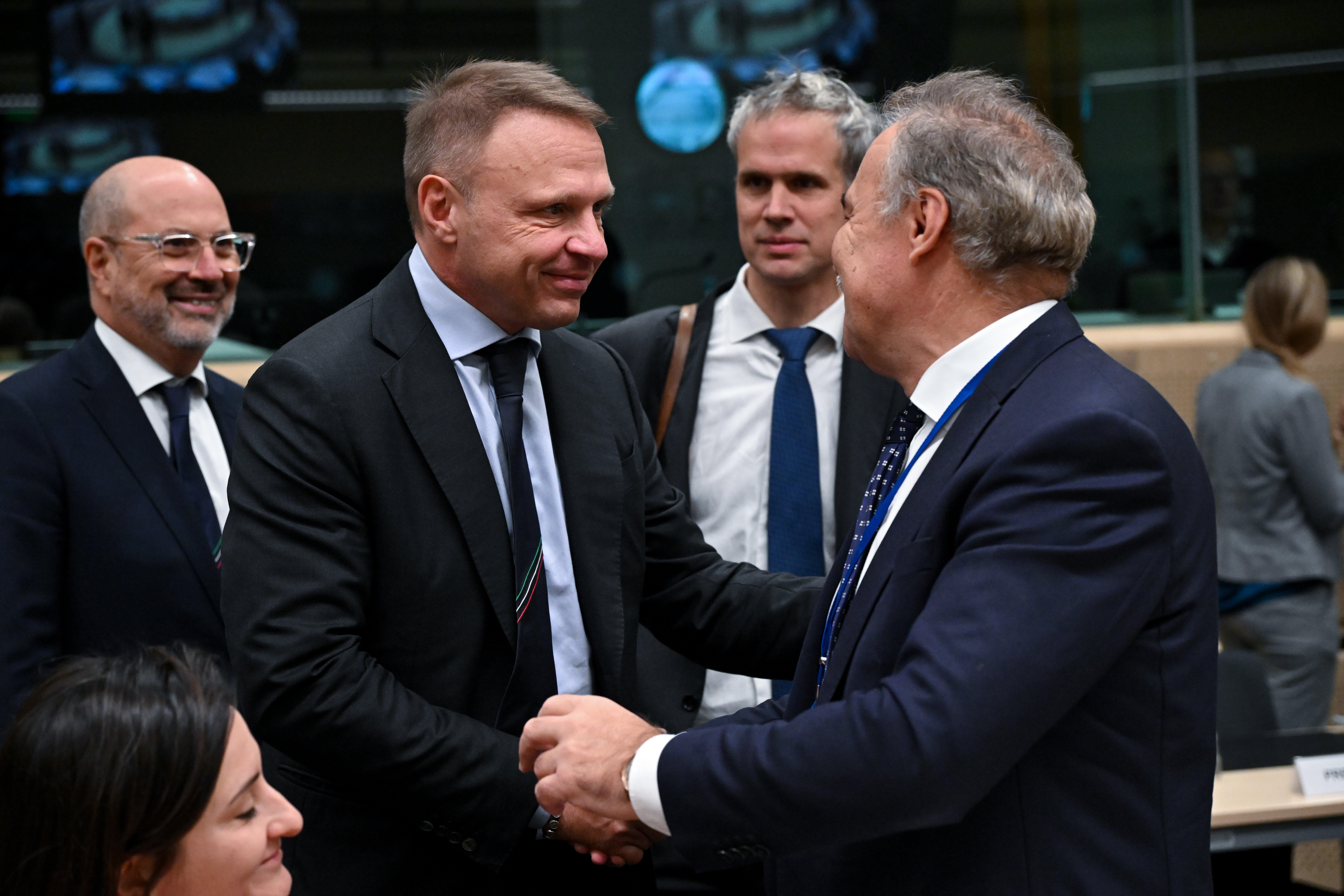
“The way the EU-Mercosur Treaty is set up is not agreeable,” Lollobrigida said in a note. He went on to explain, on the sidelines of the EU Agriculture and Fisheries Council in Brussels, that “to date, despite the fact that we are in favour of open and regulated markets, Europe is not able to ensure the protection of its entrepreneurs with trade agreements” with countries that have “extremely lower production costs.” The point is that, between the EU and the four Latin American countries, “it is clear that the current economies, organization of labour, and compliance with environmental regulations are extremely different between the two contexts.”
A position that traces that of the big players in the supply chain: Coldiretti, in a note, reiterated that “without the guarantee of reciprocity of the rules, the EU-Mercosur agreement cannot be signed, as it would cause severe damage to Italian and European agribusiness, with potential risks also for the health of consumers.” On Lollobrigida’s words, Vice-Premier Antonio Tajani also immediately intervened, trying to keep an open door. The Italian government is “favourable in principle” to the free trade agreement with Brazil, Argentina, Paraguay and Uruguay, but “there are points that need to be resolved because they are not to Italy’s full satisfaction,” Tajani explained.
Decidedly less diplomatic was his French counterpart, Jean-Noël Barrot, who called the agreement “unacceptable.” The reason is the same: “It is unthinkable that we impose strong constraints on our European producers and then do not ask our trading partners to comply with these same requirements,” Barrot insisted. In the same vein is Belgium, whose federal Agriculture Minister, David Clarinval, has threatened to break the bank in the absence of “mirror clauses,” meaning full reciprocity in terms of commitments, requirements, and standards.
At the other end of the spectrum, Germany and Spain are pushing for the agreement to be finalized. The latter is linked by a strong cultural and commercial proximity to Latin American countries. Madrid’s Minister of Agriculture, Luis Planas Puchades, denounced a “certain mythology around Mercosur that is not in line with reality or the current situation,” adding that, “particularly after the U.S. elections,” instead of “closing in on itself,” the EU should “extend the network of trade agreements with third countries to maintain economic and commercial influence.”
For von der Leyen, however, the obstacles go beyond European capitals. The primary sector—particularly those farmers to whom the leader has promised a watchful eye in her new term—doesn’t want to open Europe’s doors to agri-food products they see as harmful in terms of competition. And the Mercosur four themselves seem to have lost interest. While the EU exports goods worth 55.7 billion a year to Brazil, Argentina, Uruguay and Paraguay (second only to China), for Mercosur, Brussels is only the tenth largest trading partner. In 1999, 40 per cent of Brazil’s agricultural exports went to Europe; today only 13 per cent. Weighing on all four is the new Chinese influence, with Uruguay already in talks for a bilateral trade agreement with Beijing.
English version by the Translation Service of Withub
